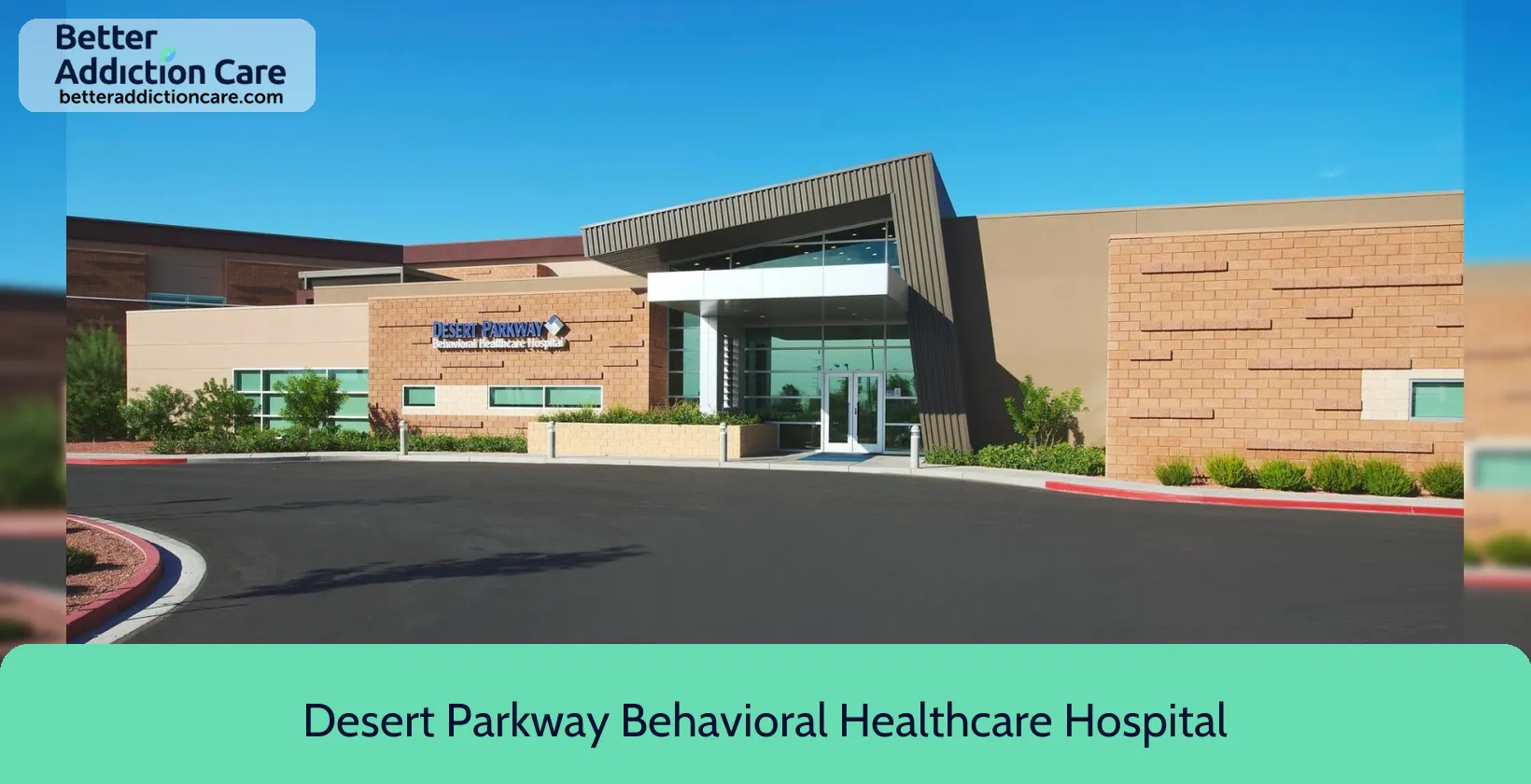Aurora Las Encinas Hospital
Overview
Aurora Las Encinas Hospital is an accredited substance abuse treatment center that provides inpatient and outpatient detoxification, for men and women from 18+ years of age. As part of their special programs, Aurora Las Encinas Hospital treats clients who have experienced trauma. To help patients achieve sobriety, Aurora Las Encinas Hospital provides intake assessments. Afterward, patients receive family counseling, individual psychotherapy, and cognitive behavioral therapy during treatment. Aurora Las Encinas Hospital is located in Pasadena, California, providing treatment for people in Los Angeles County, accepting county or local government funds, community mental health block grants, and community service block grants.
Aurora Las Encinas Hospital at a Glance
Payment Options
- County or local government funds
- Community Mental Health Block Grants
- Community Service Block Grants
- 638 contracts
- Medicaid
Assessments
- Comprehensive mental health assessment
- Comprehensive substance use assessment
Age Groups
- Adults
- Young adults
Operation
- Private for-profit organization
Highlights About Aurora Las Encinas Hospital
6.71/10
With an overall rating of 6.71/10, this facility has following balanced range of services. Alcohol Rehabilitation: 8.00/10, Drug Rehab and Detox: 6.00/10, Insurance and Payments: 6.00/10, Treatment Options: 6.85/10.-
Alcohol Rehabilitation 8.00
-
Treatment Options 6.85
-
Drug Rehab and Detox 6.00
-
Insurance and Payments 6.00
Accreditations
The Joint Commission:

The Joint Commission accreditation for addiction and behavioral health is a prestigious recognition signifying a facility's commitment to delivering high-quality care and safety for individuals dealing with substance abuse and mental health issues. It involves rigorous evaluations and assessments, ensuring patients receive evidence-based treatment and exceptional care. This accreditation demonstrates a facility's dedication to continuous improvement and ethical practices, building trust among patients and healthcare professionals seeking top-tier addiction and behavioral health services.
Treatment At Aurora Las Encinas Hospital
Treatment Conditions
- Mental health treatment
- Alcoholism
- Opioid Addiction
- Substance use treatment
- Co-occurring Disorders
Care Levels
- Hospital inpatient detoxification
- Detoxification
- Outpatient
- Hospital inpatient treatment
Treatment Modalities
- Family counseling
- Individual psychotherapy
- Cognitive Behavioral Therapy
- Group counseling
- Experiential Therapy
Ancillary Services
Special Programs
- Clients who have experienced trauma

Additional Locations
Get Help Now
Common Questions About Aurora Las Encinas Hospital
Contact Information
Other Facilities in Pasadena

6.56

6.65
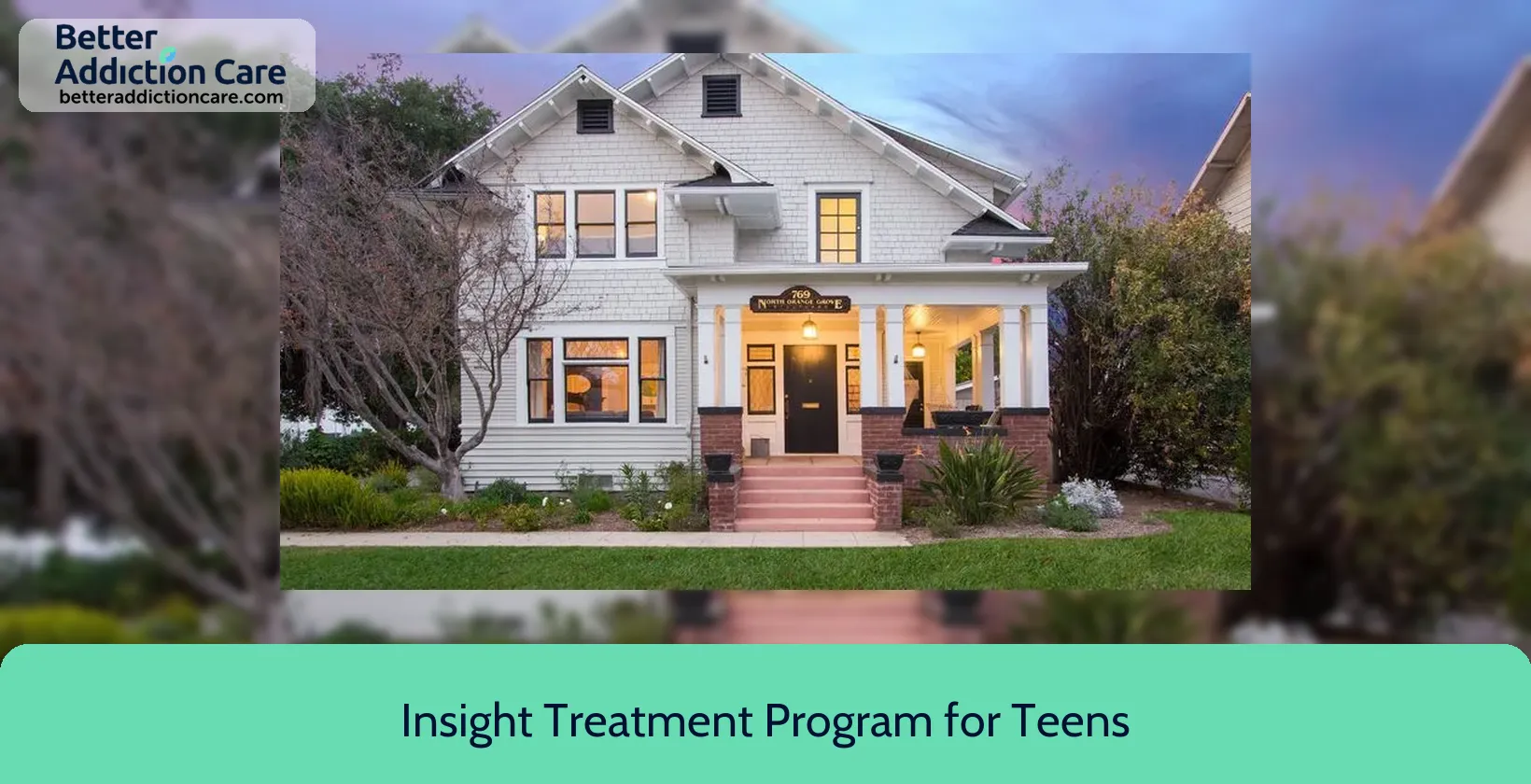
6.62
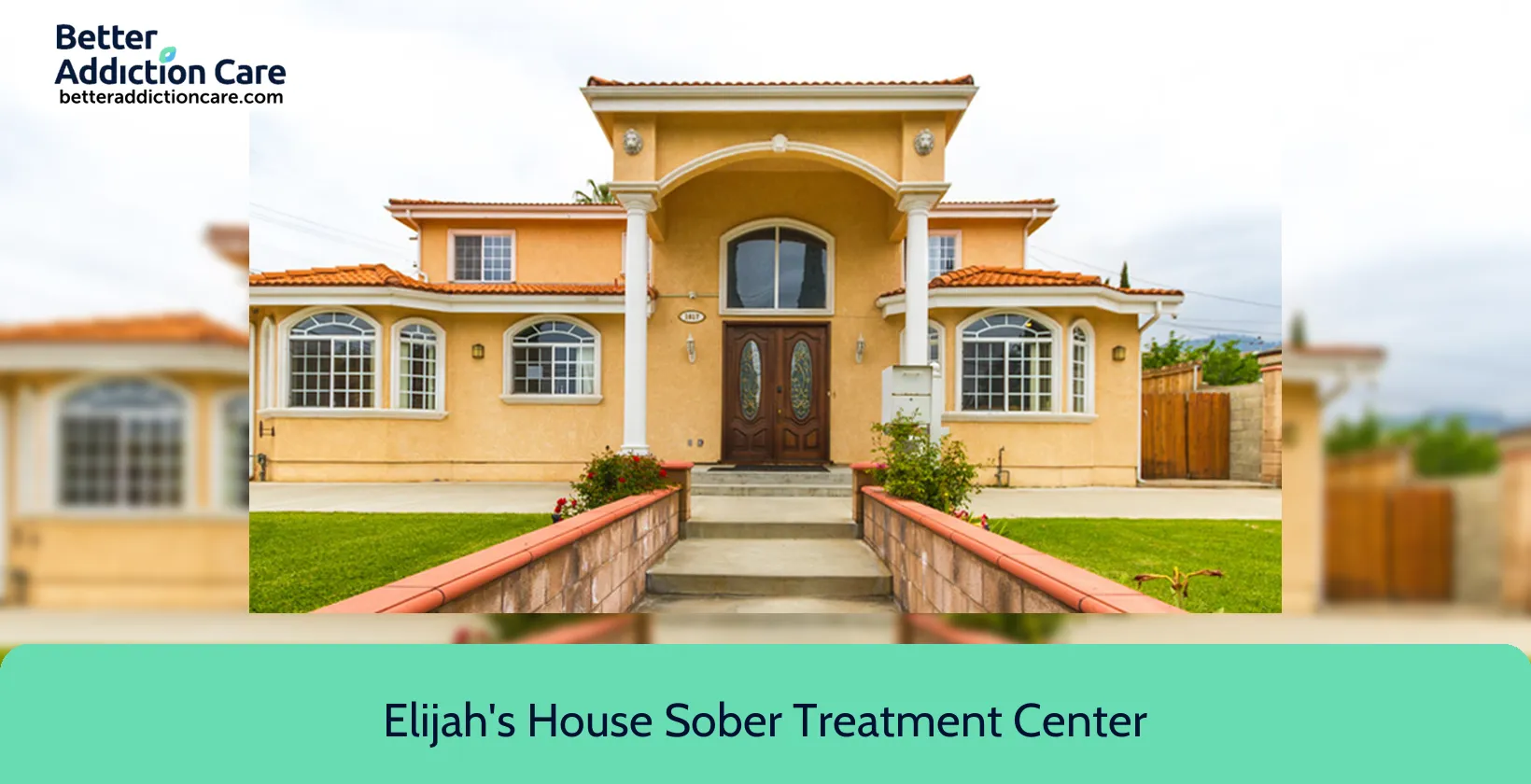
6.65

6.62
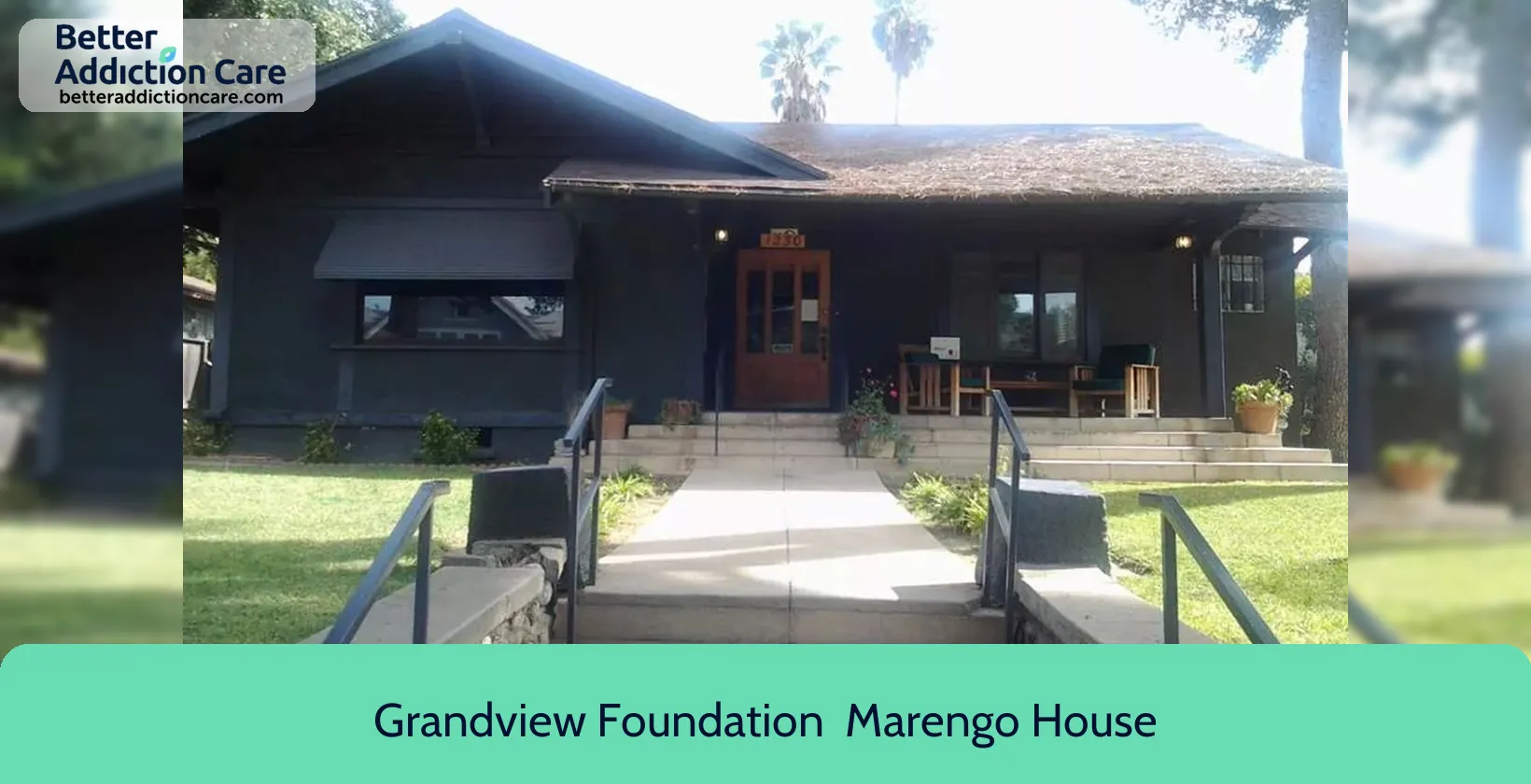
6.71
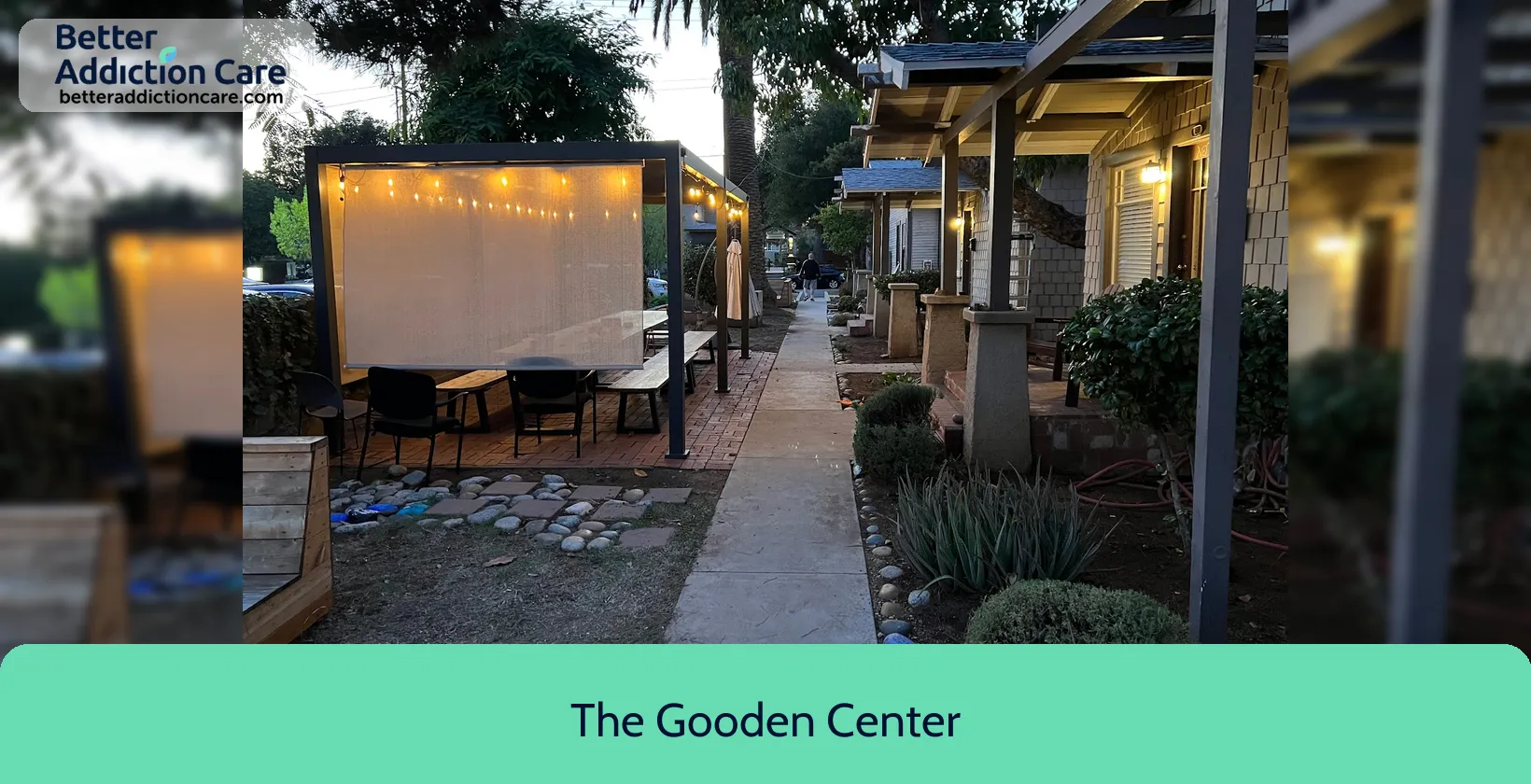
6.86
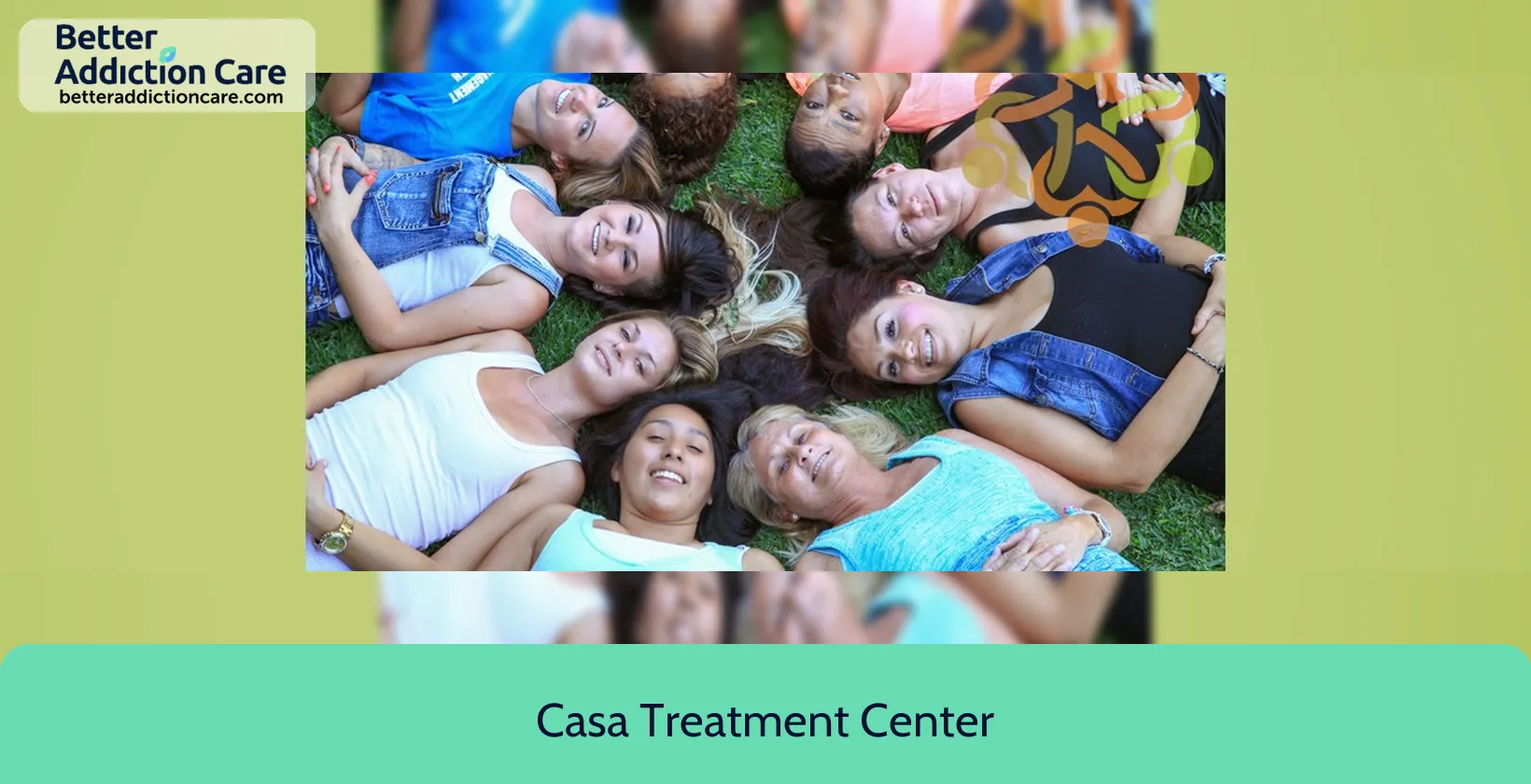
6.83
DISCLAIMER: The facility name, logo and brand are the property and registered trademarks of Casa Treatment Center, and are being used for identification and informational purposes only. Use of these names, logos and brands shall not imply endorsement. BetterAddictionCare.com is not affiliated with or sponsored by Casa Treatment Center.

